6 Renovations That Can Actually Decrease the Value of Your Home
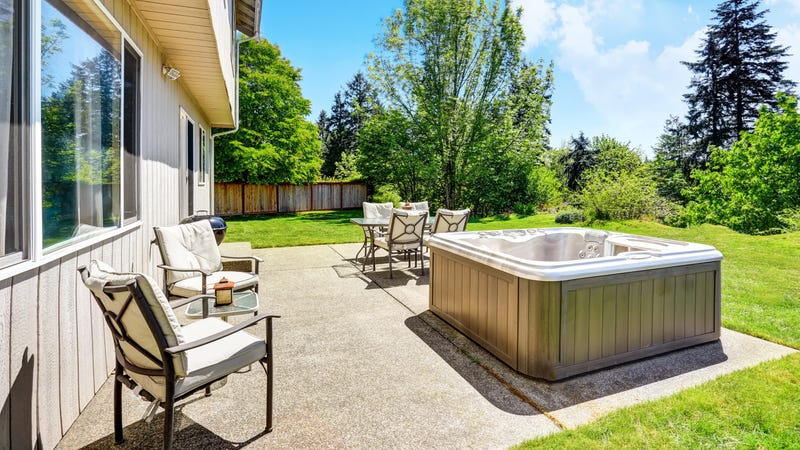
Sometimes the renovations don’t pay off the way we expect; while something like a kitchen remodel definitely boosts the value of your home, it doesn’t actually pay for itself, returning just 71% or so of your investment, which is a sobering thing to learn when you’re about to write an enormous check to a contractor. But the real kick in the shins are the home renovations and remodeling projects that actually decrease the value of your home. These are the home renovations you should avoid—unless you love your hot tub too much to care.
Wallpaper
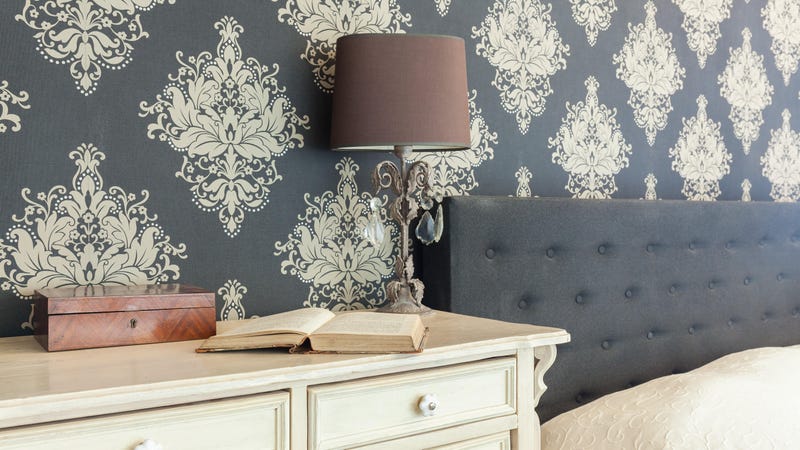
When people buy a house, they want to buy a dream—a comfortable space for their family to thrive. What they see when they walk into a house with a lot of wallpaper (and “a lot of wallpaper” is generally defined as “any wallpaper whatsoever”) is a chore. You’re essentially selling them a job that needs doing, and that job is removing all of that wallpaper. Buyers will do a quick mental calculation of how much work that’s going to be, and they will reduce their offer on the home appropriately—if they bother making one at all. It costs about $1,000 per room to put up wallpaper, and if you choose to do it despite this advice, you should assume you’re never getting any of that money back.
Built-in electronics

Having something like a sound system, theater projector, or smart home features installed in your home can seem luxurious and useful. Instead of having wires running everywhere, it’s all neatly hidden away, and access to inputs and controls is convenient and easy. And a “smart home” can feel very modern while offering real benefits in terms of efficiency and control over your environment.
The problem is that potential buyers may not have the same needs as you, and electronics baked into the walls of the home might be wasted on them, or might become outdated over time, becoming not just an eyesore, but an eyesore that doesn’t even work well. In other words, built-in electronics can appear as future bills to house-hunters, because they immediately estimate how much it will cost them to remove and/or upgrade them.
Carpeting
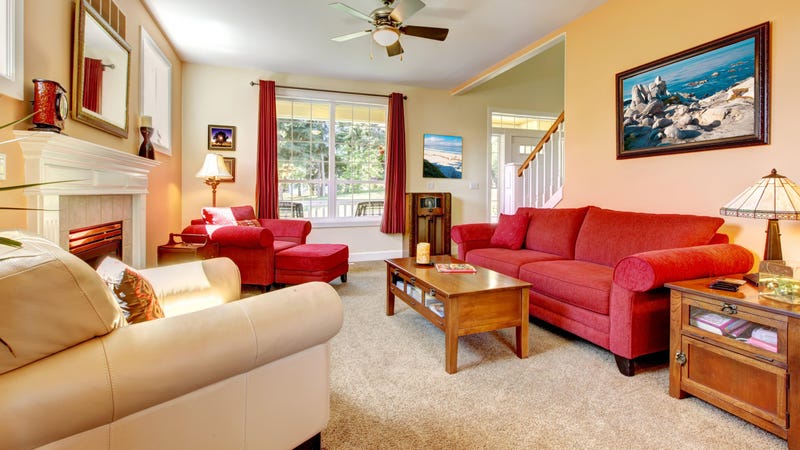
It’s true, some people like carpet in the home. It keeps floors warm in the winter, and high quality carpet feels good on bare feet. There are a lot of people who think carpet feels snug and cozy.
Those good vibes are generally restricted to carpet that’s relatively new and kept very clean, however—and house hunters don’t generally have much faith in you when it comes to your general hygiene. In other words, people are kind of grossed out by any carpet that isn’t obviously brand-new and spotless. And they have good reason to feel that way—carpets are kind of gross, and can even negatively impact your health. According to NerdWallet, having carpet as the primary flooring in your home drops its value by nearly $4,000.
Overly personal design choices
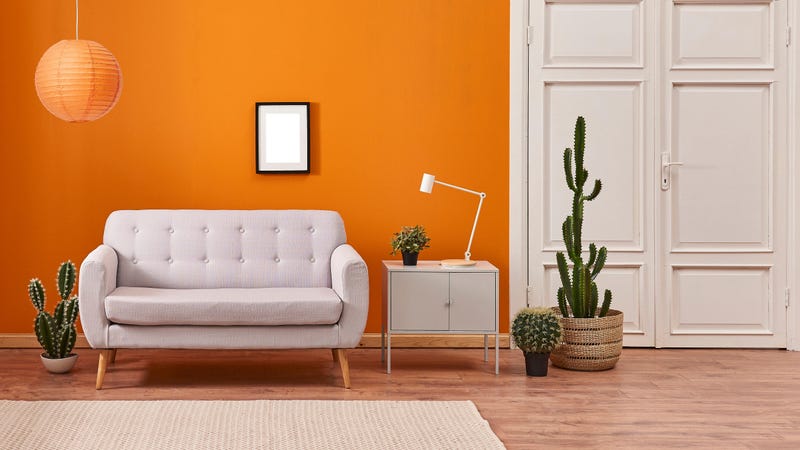
Houses can be challenging, in a sense, because they’re both an investment and our homes. It’s natural to want your home to reflect your personality and taste, but if you go too far in that direction, you wind up restricting the potential buyers for your house to people who are just like you. And the chances of finding your design doppelgänger are exceedingly low. As a result, too-bold paint colors, funky light fixtures, and anything else that’s overly personal will actually decrease your home’s objective value.
Inflexible rooms
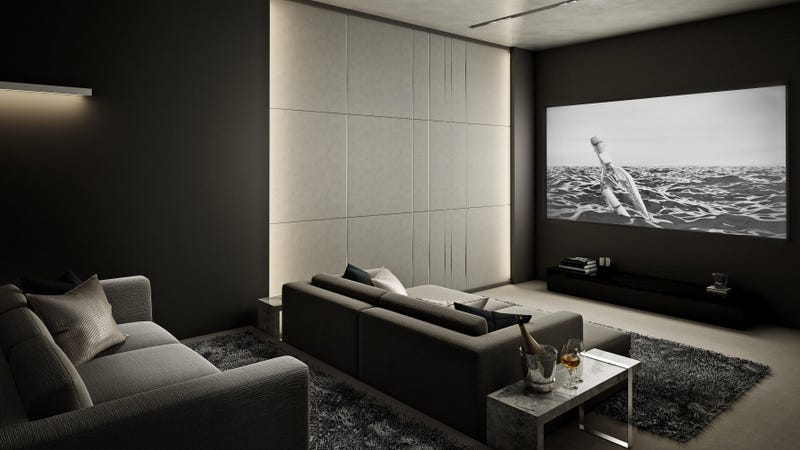
Inflexible rooms like a home theater or a home gym that cater to your lifestyle and interests might seem like a good idea. Who doesn’t want a home gym, after all? Well…lots of people, actually, and overly specific rooms like this can devalue your home because potential buyers may see them as renovation bills instead of blank slates they can use any way they see fit. And if your buyers are already calculating the thousands of dollars they’ll have to spend to rip out your home theater, craft room, or man cave, they’re going to lower their offers accordingly.
It often comes down to where you live, though. The value a home theater brings to your house, for example, depends a lot on the size of your home and whether comparable homes in your neighborhood have them. If you’ve used precious square footage in a modest home for one and no other homes in your area have a theater, the people looking to buy won’t think it’s fancy—they’ll think it’s a waste.
Pool or hot tub
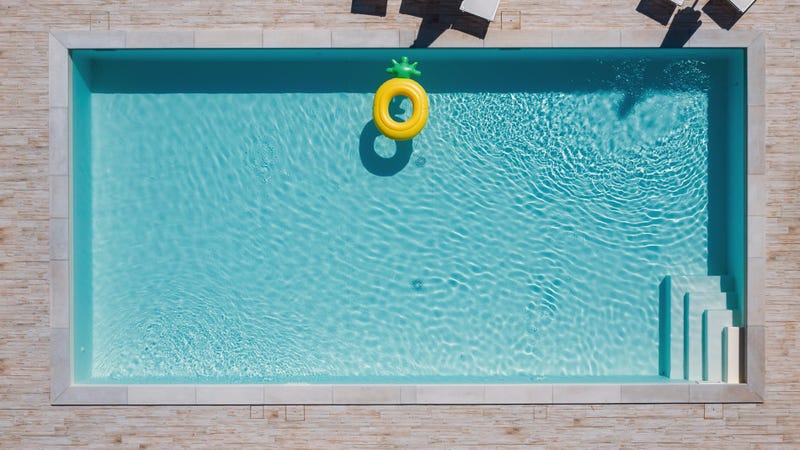
A pool in your backyard might seem like a surefire winner when it comes to increasing your home’s value—but not necessarily. In-ground pools are costly (more than $60,000 at the high end) and the only time they make sense is if it’s a standard feature in your area. If all the comparable homes have one, installing a pool might make sense—but even then it probably adds less than 10% to the value of your home, and you’ll never make back that investment.
And if pools aren’t common in your area, it will actually drag the value of your home because potential buyers may see it as something they’ll need to pay to remove—or as a chore they’re buying, a feature they’ll have to work to maintain despite not really wanting or using it. And hot tubs? You might love luxuriating in a hot tub with a glass of wine, but house hunters may only see bubbling pools of bacteria.
This article was written by Jeff Somers from Lifehacker and was legally licensed through the Industry Dive Content Marketplace. Please direct all licensing questions to legal@industrydive.com.
![]()